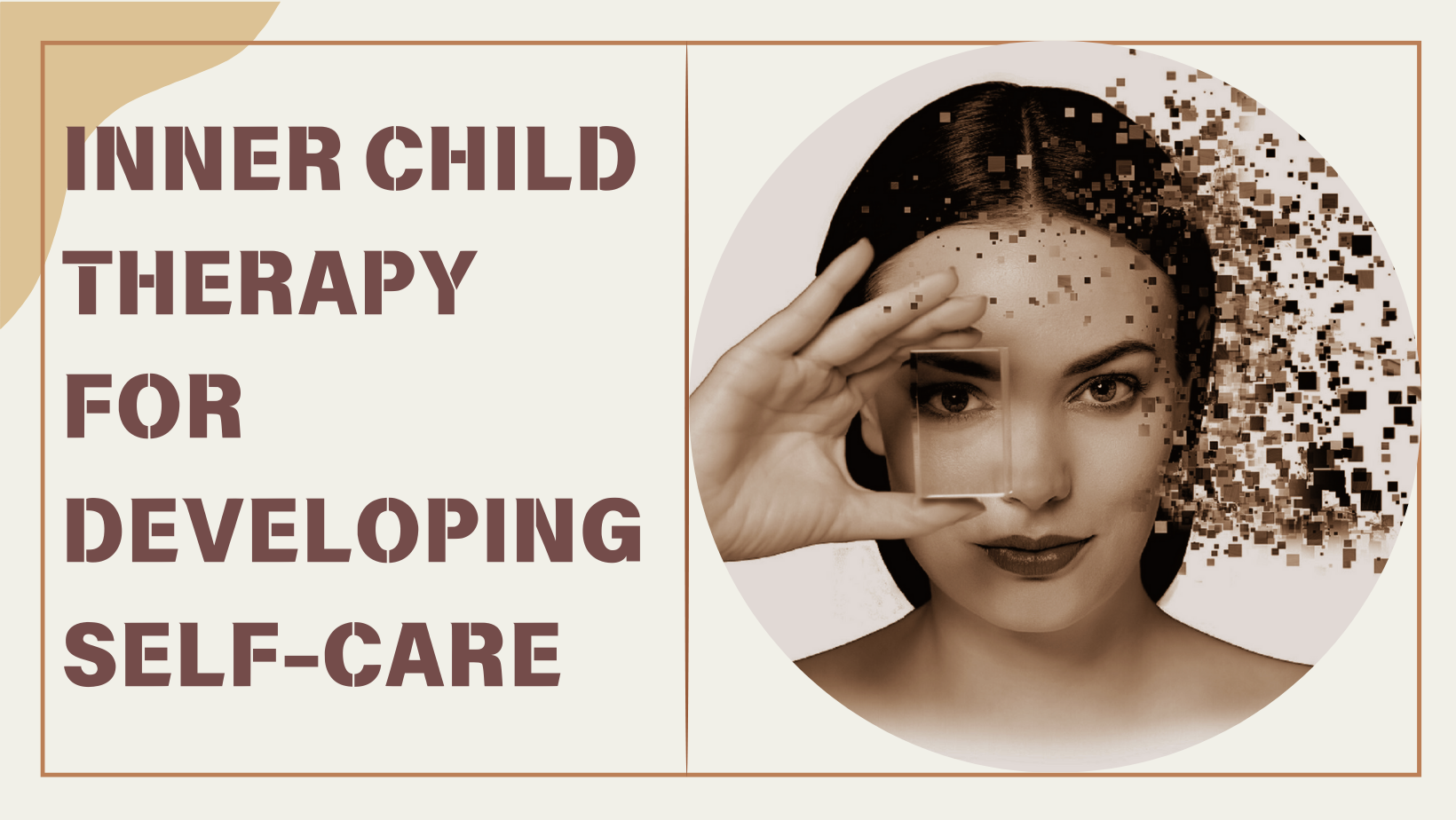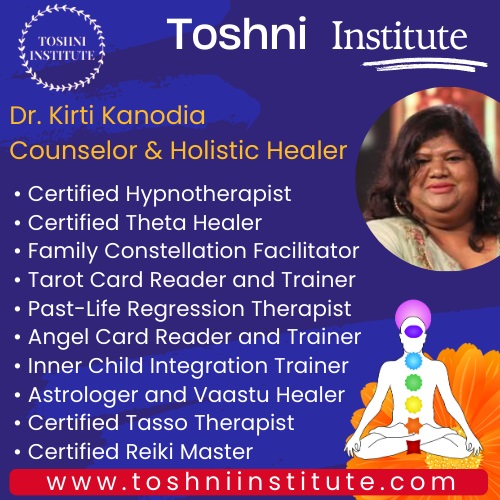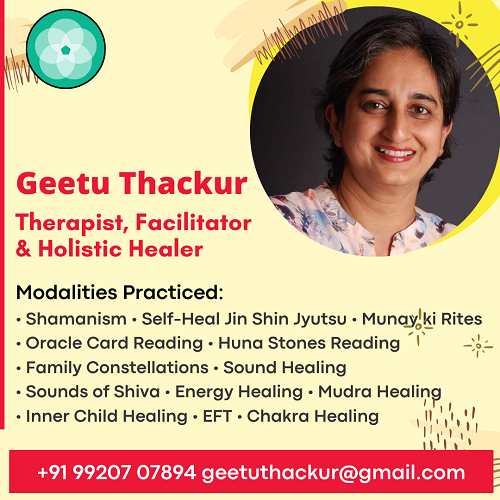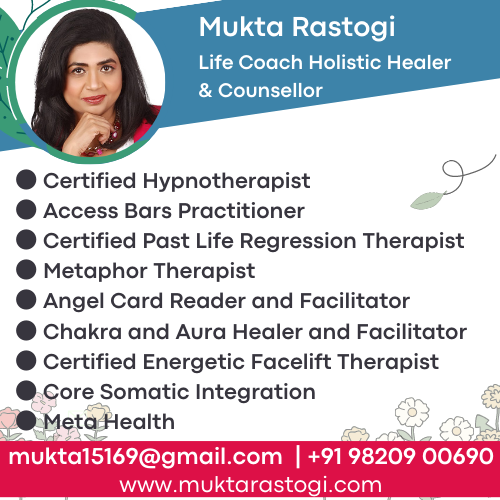Alternative Therapies
- Alternative Medicine
- Access Bars
- Access Body Processes
- Access Consciousness
- Access Energetic Faclift
- Acupressure
- Acupuncture
- Akashic Records
- Ancient Magnetism
- Angel Healing
- Aromatherapy
- Aura Reading
- Ayurveda
- Bach Flower Remedies
- Blueprint Numerology
- Breathwork
- Chakra Healing
- Cosmetic Acupuncture
- Crystal Healing
- Cupping Therapy
- Divine Healing Hands
- Distance Healing
- Emotional Freedom Technique (EFT)
- Energy Healing
- Energy Medicine
- Ergonomics
- Family Constellation
- Face Reading
- Fengshui
- Gaiadon Heart
- Geomancy
- Heal Your Life
- Graphology
- Holistic Solutions
- Holy Fire Reiki
- Homeopathy
- Ho'oponopono
- Humkara with Haleem
- Hypnotherapy
- Inner Child Therapy
- Intuitive Reading
- Jesus Reiki
- Jikiden Reiki
- Jin Shin Jyutsu
- Karuna Reiki
- Karmic Healing
- Lama Fera
- Lenormand Cards
- Light Language Healing
- Law of Attraction
- Lecher Antenna
- Manual Therapy
- Matrix Reimprinting
- Metaphor Therapy
- Meditation
- Mediumship
- Melchizedek Method
- Merlin Trinity Healing
- Merkaba Healing
- Money Reiki
- Motivational Counseling
- Mudra Healing
- Nakshatra Energies
- Naturopathy
- Neuro Linguistic Programming (NLP)
- Numerology
- NumeroVastu
- Oracle Cards
- Panchakarma (Ayurveda)
- Panchkarma Holistic Healing - Mind Control
- Past Life Regression
- Pendulum Dowsing
- Physiotherapy
- Pranic Healing
- Pranic Psychotherapy
- Pythagorean Numerology
- Quantum Touch Healing
- Pyramids
- Redikall Healing
- Reiki
- Rudraksh
- Runes
- Soul Plan Reading
- Sound Healing
- Star Magic Healing
- Space Clearing
- Sujok therapy
- Tarot
- Theta Healing
- Twin Flame Healing
- Twin Hearts Meditation
- Unani Medicine
- Yoga
- Wicca
- Womb Healing
Diseases & Conditions
- Acne & Pimples
- Allergies
- Arthritis
- Asthma
- Behavioural Disorders
- Cancer
- Dandruff
- Diabetes
- Emotional Problems
- Gallstones
- Gastritis
- Hairloss
- Heart Diseases
- Hormonal Problems
- Hypertension
- Immune Disorders
- Infections
- Infertility
- Jaundice
- Kidney Disorders
- Liver Disorders
- Menstrual Disorders
- Migraine
- Neck & Back Pain
- Obesity
- Osteoporosis
- Peptic Ulcer
- Prevention
- Prostate Problems
- Psoriasis
- Sexual Dysfunctions
- Sinusitis
- Sleep Disorders
- Skin Diseases
- Stress
- Thyroid Disorders
- Ulcerative Colitis
- Urinary Infections
General Wellness
Inner-child Therapy For Developing Self-care - Hyderabad

Dr. Kirti Kanodia
Kirti Kanodia is a certified Theta Healer, Trained Family Constellation Facilitator, Tarot card Reader, Past life Regression Therapist, Angel card reader, Inner child integration, Vedic Astrologer, Tasso Therapist and Reiki Master.


Geetu Thakur
Geetu is a certified and well versed in Sound bowl Healing, Sounds of Shiva, Bhairavi Yantra, Family Constellations, Jin Shin Jyutsu as a Self-Healing Modality and is a Reconnective Healing Facilitator...


Ms. Mukta Rastogi
Mukta Rastogi is a Life coach, Counsellor, Certified Hypnotherapist, Access Bars Practioner, Certified with Dr Brain Weiss in Past Life Regression, trained in Metaphor Therapy and Angel Card Reader. She is Proactive and dynamic spiritual healer.

Dr. Geetanjali Saxena.

Past life Regression Trainer, Family Constellation Trainer, Theta Healing Trainer, Inner Child Work, Angel Therapist, Reiki healer, Hypnotherapy, Crystal Healing, Graphology, Tarot card reader & Astrologer

Cosmicx Healing Art - Ms. KripaJyoti Nisha Singla

KripaJyoti Nisha Singla (PGDBM) is a Spiritual master, Energy worker, Reiki Master, Theta Instructor, and a dedicated Artist who has been working in the field of healings, spirituality, counselling, relationship healing, family therapy and alternative medicine therapies from more than 12 years.

Ms. Dishaa

As so rightly affirmed by Reiki Grandmaster Dishaa, a young and dynamic lady, an M.B.A turned natural healing expert from Chandigarh (India) for whom life has always been a 'Love for the Moment' which is beautiful yet compassionate...

Inner-child Therapy For Developing Self-care

Inner-child Therapy For Developing Self-care
Inner-child therapy is a therapeutic approach that focuses on addressing and healing the emotional wounds and unmet needs of one's inner child—the part of the psyche that retains feelings, experiences, and memories from childhood. When it comes to developing self-care, inner-child therapy can be incredibly effective. Here’s how it can help:
Understanding Inner Child Therapy
Identifying the Inner Child: The inner child represents the emotions, experiences, and needs from our early years. In therapy, you work to connect with this part of yourself to understand its needs and how past experiences influence current behavior and self-care habits.
Healing Emotional Wounds: Many people carry unresolved issues from childhood that affect their ability to care for themselves. Inner-child therapy helps identify and heal these wounds, which can lead to improved self-care practices.
Reparenting: This involves learning to provide for yourself emotionally in ways that you may not have received as a child. It’s about nurturing and validating your own needs, much like a loving parent would.
Developing Self-Care Through Inner Child Therapy
Recognize and Validate Feelings: Start by acknowledging your inner child’s feelings and experiences. This could involve journaling or simply reflecting on emotions you’ve felt throughout your life. Validating these feelings is a crucial first step in learning to care for yourself better.
Establish Self-Care Routines: Integrate practices that nurture your emotional and physical well-being. This could include activities that bring joy and relaxation, such as hobbies, exercise, or spending time with loved ones.
Set Boundaries: Often, unmet needs from childhood can make it difficult to set healthy boundaries. Inner-child therapy can help you understand why boundaries are important and teach you how to assertively establish them in your life.
Engage in Positive Self-Talk: Replace self-criticism with affirmations and supportive language. Treat yourself with the same kindness and encouragement you would offer a close friend or loved one.
Practice Self-Compassion: Be gentle with yourself, especially when you make mistakes or fall short of your own expectations. Self-compassion involves understanding and forgiving yourself, which can be deeply healing.
Create a Safe Space: Find or create environments where you feel safe and supported. This could be a physical space in your home or emotional space in your relationships.
Seek Professional Help: Working with a therapist who specializes in inner-child work can provide guidance and support tailored to your individual needs.
Activities to Try
Inner Child Dialogue: Have a conversation with your inner child through writing or visualization. Ask them what they need and how you can provide that support.
Creative Expression: Engage in activities like drawing, painting, or writing that allow you to express and process emotions from your inner child.
Mindfulness and Meditation: Practices that promote self-awareness can help you stay connected to your inner self and support emotional healing.
By addressing the needs and wounds of your inner child, you can develop a more compassionate and effective approach to self-care. It’s about nurturing yourself in a way that promotes long-term healing and well-being.








